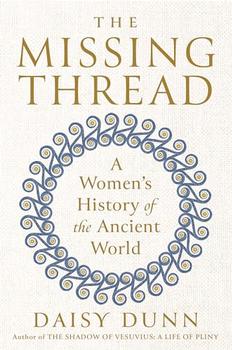(9/16/2019)
Ordinary Girls is Diaz's colorful memoir of growing up in Puerto Rico and Miami. It is written with disarming frankness despite the multitude of challenges that she endured growing up: violence, abuse and neglect, poverty, frequent moves, a parent with mental illness, racism, homophobia, gangs, rape, drug abuse and addiction, dropping out of school, running away from home, and multiple suicide attempts. Diaz writes about the important people and settings of her young life with vibrancy and doesn't shy away from portraying herself honestly, even when it isn't in a positive light.
The memoir begins in a linear fashion, but as it progresses it switches to a more thematic organization. The end, in particular, feels fragmented and rushed as it quickly shifts between several places and points in history. Diaz attempts to tie in Puerto Rico's colonial history with current events in Miami, along with her own life and visits back and forth between the U.S. and P.R. At times, it is difficult to keep track of Diaz's age and situation as she rapidly shifts between time periods throughout the book (sometimes she attempts to tie loose ends together about a person or place and will try to explain 'a year before....' and 'six years later' but 'before this happened...') creating confusion. There were also times that the level of detail seemed inappropriate - there are sexual encounters described in excruciating detail yet major aspects of her marriage are glossed over.
Despite some confusion and disorganization, Ordinary Girls is a fascinating look into a difficult life.



